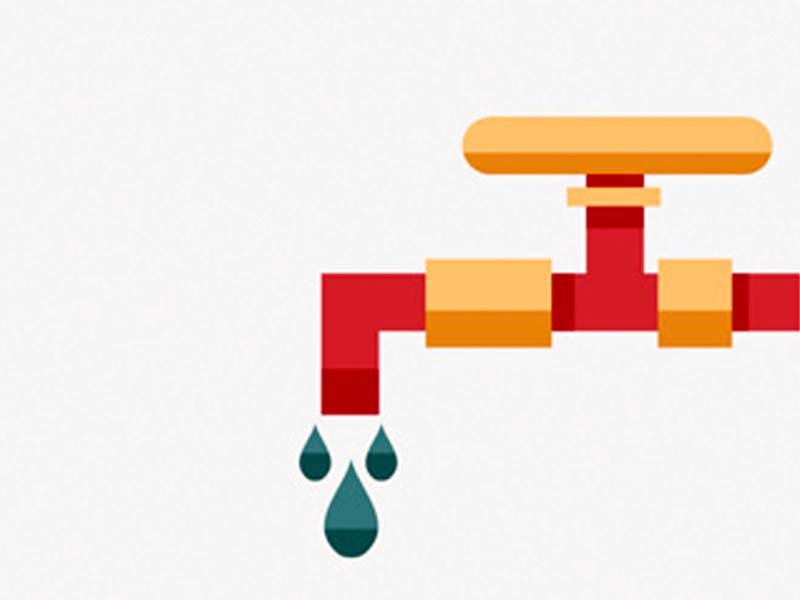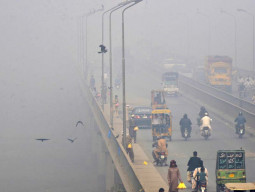
The $250 million programme is aimed at bringing about an improvement in key urban sectors, including water, sanitation, urban transport and spaces like parks and riverbanks, in Sahiwal and Sialkot. According to official documents, the project has been prepared by the Asian Development Bank (ADB) for which it will also provide a loan of $200 million. The remaining $50 million will be allocated by the Punjab govt.
Besides infrastructure, Pakistan must also seek capital for export industries
Speaking to The Express Tribune, The Urban Unit CEO Dr Nasir Javed said the process for hiring the consultants had been started. As soon as the process is completed and other formalities are met, the project will be rolled out. “The process will take at least six months as there are several requirements of the lending agency for this project, the ADB.”
Under the project, the government will procure goods and services through 27 packages with an estimated cost of $199.25 million. It will also recruit six consulting firms and individual consultants with an estimated $21.58 million.
The Punjab government requested the ADB in 2015 to process a new urban sector project covering key development initiatives in Sahiwal and Sialkot. The ADB has approved the loan now. The implementation period for the loan is between December 31, 2017 and December 31, 2023. The Punjab Local Government and Community Development Department is the executing agency, while the city governments of Sahiwal and Sialkot will play the role of implementing agencies.
Giving the rationale for the project, the documents state that the cities are the economic, social and innovative core of Pakistan that generate most wealth and are home to about 40% of the country’s population. The cities, particularly the intermediate ones, are developing at a faster rate and this has led to a rapid expansion of the urban environment, but in an uncoordinated, unplanned and unregulated manner. Water supply, wastewater collection and treatment, storm water drainage and the urban road networks are increasingly unable to respond to the population pressure and economic demands.
Infrastructure – the most productive use of debt
The residents are facing problems such as lack of open spaces and civic amenities, the project documents say, pointing out a growing demand to make the cities more liveable to promote better living standards, improve public health and develop the economy in an appropriate and sustainable manner.
Under the project, water supply systems will be improved through the installation and rehabilitation of 114 boreholes and tube wells, 22 reservoirs, 20 pumping stations, approximately 350 kilometres of pipes, up to 15,000 metered customer connections of which 1,400 will have pre-paid meters on a pilot basis, and new supervisory control and data administration (SCADA) systems.
The scheme will also improve sanitation systems through the installation and rehabilitation of 18 sewage pumping stations, replacement of about 40km of sewer pipes, provision of missing equipment for wastewater management, unblocking of local drains and construction of centralised wastewater treatment plants. Equipment will be procured for improved collection and segregation of solid waste.
Urban public spaces will be improved through the rehabilitation of 11 parks, seven-kilometre green belts, major streets, footpaths, riverbank paths and three bus terminals, which serve as critical hubs for regional transport systems. Local shops, vendors and companies may expand business opportunities with the upgraded facilities.
The project is also aimed at promoting behaviour changes in hygiene practice and environment through a partnership with youth groups and civil society organisations. Targeted public awareness campaigns will be organised.
Published in The Express Tribune, September 26th, 2017.























COMMENTS (1)
Comments are moderated and generally will be posted if they are on-topic and not abusive.
For more information, please see our Comments FAQ